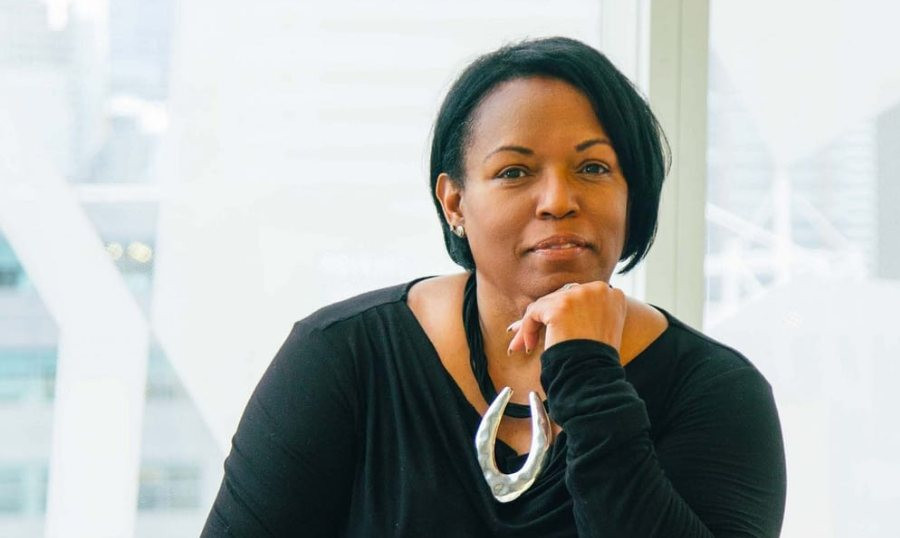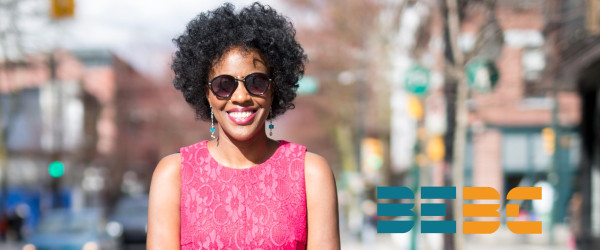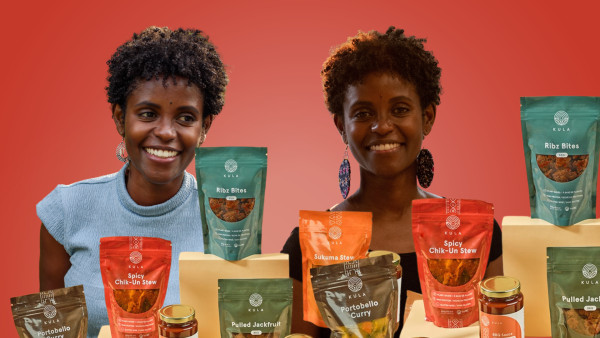What inspires someone to devote their time, energy, resources to support others for the betterment of their community and the world around them? In the case of Ms. Bartley, one of the factors was from the example of the pioneering Black women she saw in her youth.
When I had the pleasure of speaking with Ms. Bartley recently for ByBlacks, she shared a bit about her childhood and it’s influence on her outlook on life. She was born in Canada but grew up in Jamaica, returning to Canada in 1981. The late 70s was a time of reclamation of African pride across much of the African diaspora and in Jamaica it was no different.
“My mother had friends that were deeply rooted in African culture. There was a time in Jamaica where Jamaica women were very aware of their African heritage. And so they adopted African names. They wore the attire, they lived the experience, and I was privileged to watch that.”
Janice Bartley’s mother, Faye Bartley, was the first female and the first Black person to serve as manager of Air Canada at Sangster International Airport in Jamaica. But her mother was not the only powerful woman who had an impact on Janice’s outlook on life.
“I was also surrounded by some phenomenal independent women that were either raising families on their own and held positions where they were also the first to do so. That sisterhood that I saw existed in my mother's life really resonated with me. That as women, we support each other, we carry each other. We're there. We laugh and we share. We share similar experiences, and it's not hidden. It was the good, the bad and the ugly and we all had that experience with each other.”
It was one of those women, whom Ms. Bartley thought of as an honorary aunt, who told her at 15 years old: “You can do anything and be anything you want.”
Those words and those role models helped build the foundation of faith in herself that would serve Ms.Bartley well in all her future endeavours, as they served to create a confidence in her abilities, that she shares when others try to get her to doubt herself.
“A lot of people say when you have a business, you’re taking a risk… but no, you’re not. Because when you’re betting on yourself, it’s not a risk. It’s an investment. And that’s what you’re doing.”
An entrepreneur for the last 30 years working in the hospitality and culinary field, including several years in charge the Food Starter program, the first incubator accelerator of its kind in Toronto that was funded through the City of Toronto, Janice is well equipped to successfully achieve her goals of supporting Black foodpreneurs. She has been connecting people for years by referring them to the appropriate subject matter expert for their needs, from shipping to packaging to designing labels. But why did she feel this particular program was necessary? Mainly because while she was a part of the incubator accelerator program, she noticed that Black entrepreneurs were not accessing the resources and information."
“We were almost invisible…definitely underrepresented and that's what really compelled me to change the landscape.”
Aware that the barriers preventing Black entrepreneurs from succeeding at running their food business, go deeper than just the administrative and logistics issues, Janice tries to empower as well as teach the participants of the Foodpreneur Lab.
{https://youtu.be/04yUx624MN0}
“When I'm in front of Black food entrepreneurs, I'm very conscious about language, empowerment, support. Because they're in spaces right now and they're getting information, but they still carry the burdens of invisibility, of not being understood and being denied access. We have to unlearn that. And it doesn't happen overnight, but how do you do that? You do it through hope and you do it by demonstrating that these are the possibilities that exist. And you help them map that bridge to getting there. And that’s what Foodpreneur Lab is about.”
The program will run year-round with a total of 3 cohorts per year until it’s funding ends in March 2025.
The ever-present reality of needing funding is one Ms. Bartley knows well. She lost her last position when the program was unable to secure the necessary funds from all levels of government to keep operating. For the Foodpreneur Lab, she was able to get funding through Federal Economic Development Agency for Southern Ontario who run the Black Entrepreneurship Program, and she also received support through the Black Opportunity Fund.
Ms. Bartley says finances are one of the biggest barriers for Black entrepreneurs as well.
“I've spent a lot of time with a lot of people who just didn't have the ability to pay. It broke my heart to see if money was the difference between you knowing how to choose the best labels for your product and you spending money on making a mistake. A mistake using money they really didn't have to begin with.”
Foodpreneur is entirely free for participants.
Another barrier Ms. Bartley wanted to remove was the issue of location. Often participants in cities have more options available to them, so she wanted to make sure even rural participants could be involved and always planned to have sessions virtually even before the state of world events forced everyone into virtual being the only reality.
One of the participants in the current session of the Foodpreneur Lab, which started in November 2021, is Michelle Dennis-Mitchell of Omowale Farmstead. Michelle and her husband Dean are the stewards of a micro permaculture forest garden, from where they ship their wild-crafted herbal teas to anyone interested in traditional healing through plants.
"There are powerful herbs right here. They're gifts from the creator and they're so good for us and we incorporate them in our daily life [and share them with others]."
Michelle describes the process of applying for the Foodpreneur Lab program as “super easy”.
“It was an online process. One of these Google form situations where you can go back at it. You can save and continue to complete it later on, so that was helpful, and I was able to do it on my phone. And then the questions were really helpful. They took me on a journey to remember how it was that I got to here and to the present day.”
In 2008 Michelle had embarked on a food journey to improve her health by focusing on eating natural food. With encouragement from friends who loved the food she was making, she started sharing recipes and tips as well as running workshops about how to find and prepare wholesome food that could rejuvenate the mind and body. She had started a food related project called Real Food to showcase the information she was sharing, but she has now moved on to her current project at Omowale Homestead.
Only in the program for a month, she was already excited about the wealth of information shared and being able to access that information from the comfort of her homestead.
“It’s advisor lead. They're taking me on a journey of things that I need to consider or explore on my way to bringing my food to the market.”
Some of the information shared with participants include how to register and incorporate your small business, and other legal considerations, including how to report your taxes with CRA, how to track your expenses, issues with liability and trademarks and intellectual property, among other topics.
The format was also very accessible for Michelle as the information is shared via emails with videos where participants can respond by video, audio, or email. And then the major information is shared via webinars and when there are live sessions, recordings are also sent to participants.
Michelle says she is grateful to have the program available to her as it’s made the process of figuring out how to share her goods with others, a simpler, less arduous task than her previous endeavour where she had to figure everything out on her own as issues came up.
The Foodpreneur Lab is for food projects by Black Ontario residents and their next session starts in April 2022 with them accepting applications starting January 2022.

 By
By 








